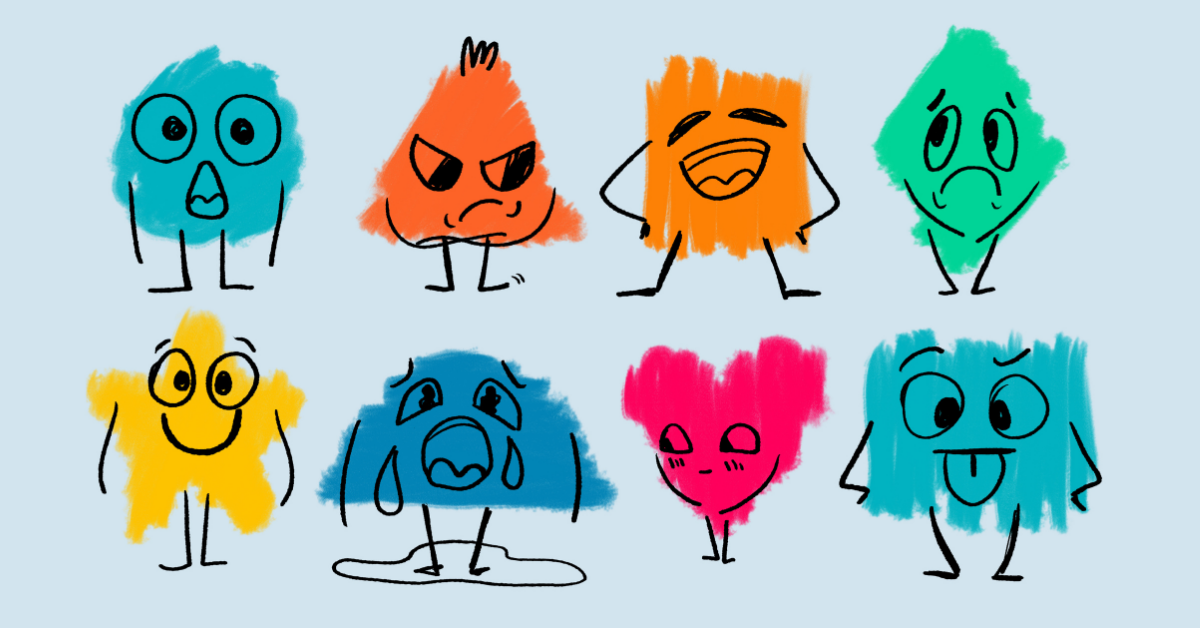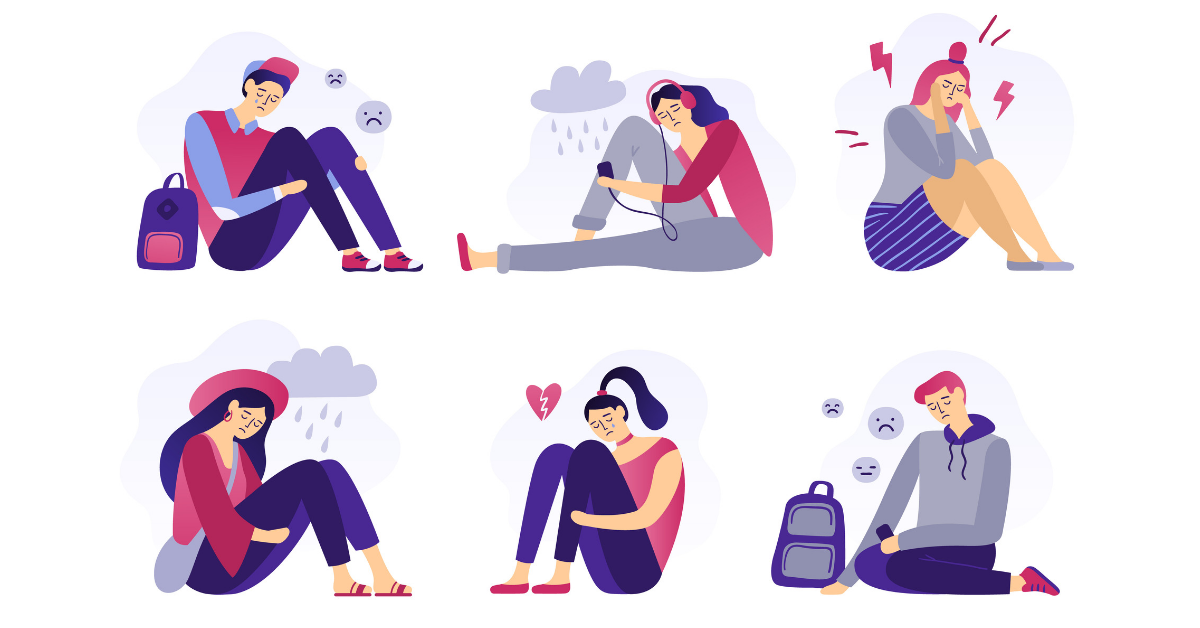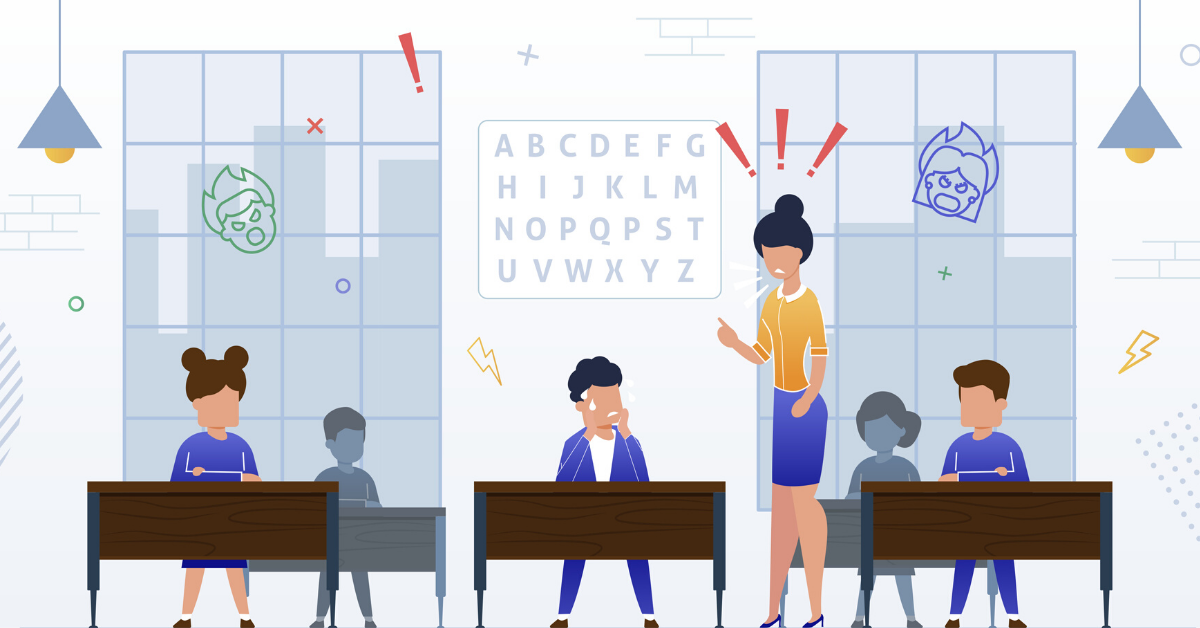|
Recognize the motivations behind behaviors that block success and explore how to respond appropriately.
A social media post ignites a tiny fire, and the fire blazes as people pour fuel in the form of dislikes and comments accusing one another of being wholly disrespectful to a person, people group, larger community, or an entire country. From social media to the dinner table to the holiday family gathering, we hear words and actions that offend us, and we attribute disrespect or out and out defiance to the person across the table. So much disagreement, so many approaches.
The same goes for our classrooms, right? We’re teaching and a student rolls their eyes or puts their head down – but wait, before we even got to this teaching moment, we spent hours in backwards planning for our unit and prepared an essential lesson to our topic — and now, we’re getting disrespect in return? It’s easy to give up, but what if we approached what we’re seeing in a different way? What if we get curious about what it is we’re noticing in student behavior?
Responding vs. reacting
Our resource for tackling off-task behaviors — Behaviors that Block Success — helps us respond rather than react. We consider that there are four types of behavior that have a negative impact on the classroom environment, and it’s important to be able to recognize what each behavior type looks like, as well as the motivations behind it. This is what will allow us to act responsively.
We can use this resource as a tool to interpret student behavior in a constructive way, cultivating curiosity in ourselves. In order to interpret behavior, we must challenge ourselves to see beneath the surface and identify why the behavior is happening. When encountering inappropriate student behavior, our goal is to respectfully communicate the expectations, de-escalate the conflict, and maintain teacher authority. We can review the behaviors, make connections between what we are seeing and what we already know about our student as a whole person, and ask the student what they’re experiencing as well. This will open up communication by demonstrating respect for the student and asking questions instead of jumping to conclusions.
Imagine having this resource out on your desk during class, picking it up when you’re struggling with what you think might be defiant behavior and considering all the possibilities. Put it up as a poster, and share with your students that you’re trying something new or adding to your toolbox.
You’re all learning together, and no one is on the “other side” of anything in the classroom, so why not make it clear to both yourself and your students? |
|
The Center for Professional Education of Teachers (CPET) at Teachers College, Columbia University is committed to making excellent and equitable education accessible worldwide. CPET unites theory and practice to promote transformational change. We design innovative projects, cultivate sustainable partnerships, and conduct research through direct and online services to youth and educators. Grounded in adult learning theories, our six core principles structure our customized approach and expand the capacities of educators around the world.
|
ABOUT US
525 West 120th Street, Box 182 New York, NY 10027 416 Zankel Ph: (212) 678-3161 [email protected] Our Team Career Opportunities |
RESOURCES
Professional Articles Ready-to-Use Resources Teaching Today Podcast Upcoming PD Opportunities |
COACHING SERVICES
Custom Coaching Global Learning Alliance Literacy Unbound New Teacher Network Student Press Initiative |


























